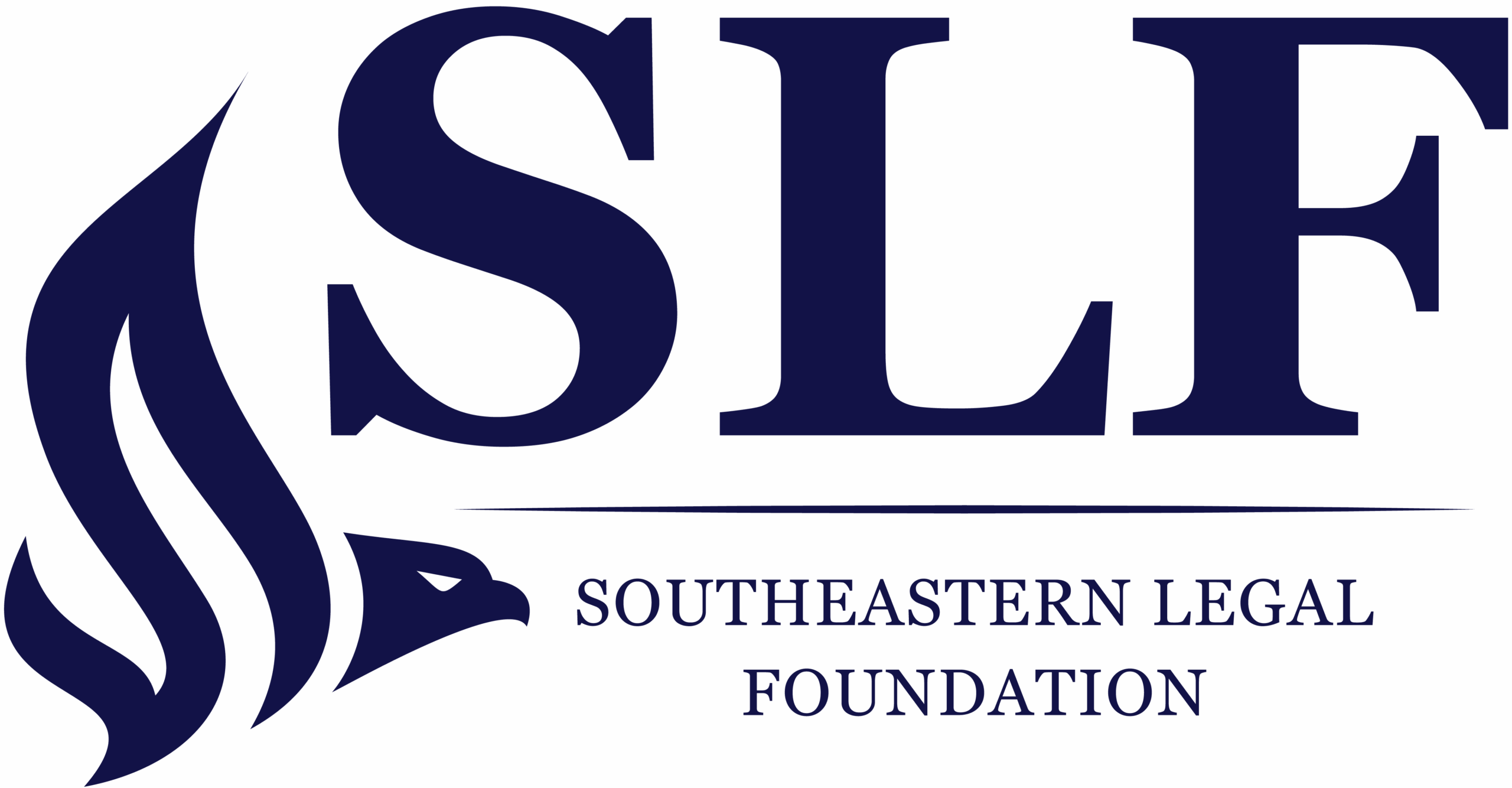Southeastern Legal Foundation (SLF) joined a United States Supreme Court amicus brief of 42 organizations supporting the petition of Lee v. Poudre School District, a case brought on behalf of Colorado parents suing their school district for secretly transitioning their daughters’ gender without their permission.
One of the daughters, then a 12-year-old student, attended a Gender and Sexualities Alliance Club meeting under the impression that it would be about art. Instead, a substitute teacher gave students a lecture that if “they were not completely comfortable with their bodies,” they were “likely transgender.” The child immediately “came out” as transgender at the meeting. The other daughter, the same age, attended two of those meetings, questioned her gender, and became suicidal. Students at the meetings were told not to tell parents about the discussions because parents might not be supportive.
Despite both sets of parents’ complaints, the school district said that they did not need to inform parents about the meetings. The district also maintains secrecy policies that encourage students to transition genders without parental knowledge or consent and forbid employees from disclosing that information to parents.
Read More
After making its way through the appellate courts, this case is now on appeal before the United States Supreme Court to affirm that parents have a fundamental and longstanding right to direct the upbringing of their children.
SLF joined a coalition of 42 organizations in urging the Supreme Court to take up this case. They explain that just recently, the Court recognized in Mahmoud v. Taylor that parents have the fundamental right to raise their children consistent with their beliefs. They write, “Parental authority has long been recognized as the first form of government because it is ‘the most Sacred and Ancient Kind of Authority.’” Given that parental rights have been recognized since even before the Constitution was established, schools should not be in the business of taking drastic measures like discussing gender identity or transitioning a child’s gender without express parental consent.
